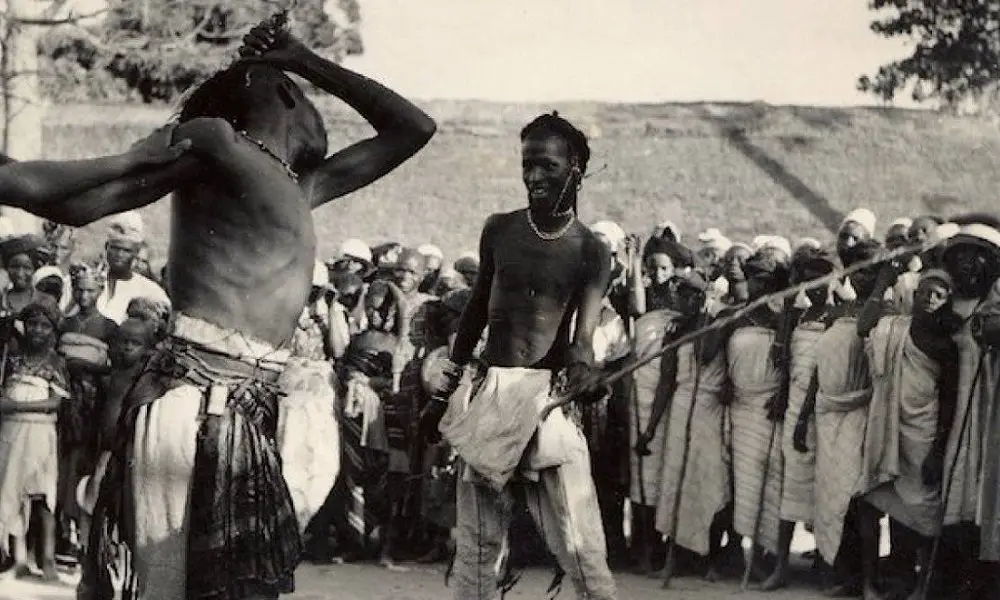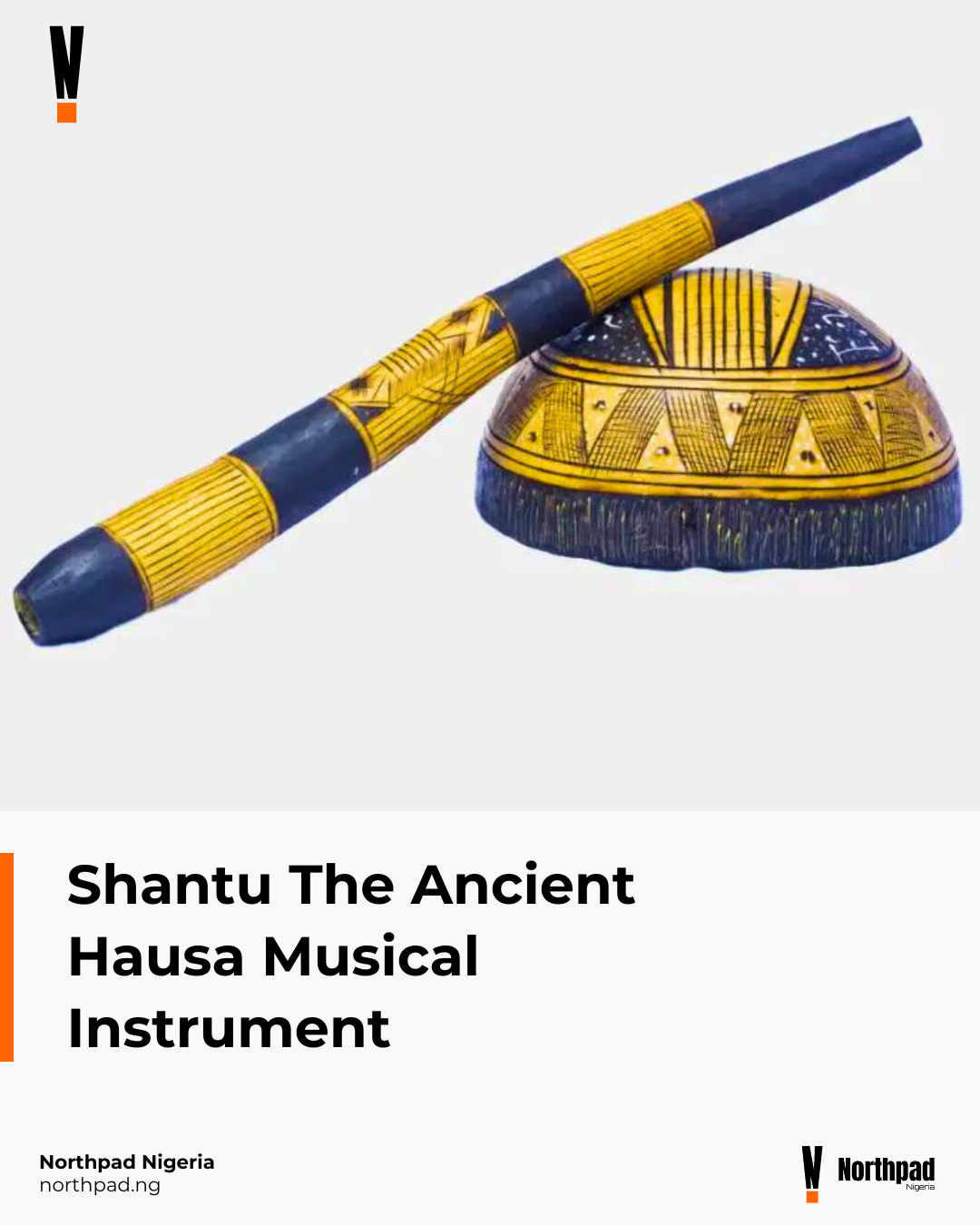Sharo is a Fulani word that literally means to flog. It is a prominent and long-term practising tradition in Fulani culture whereby two suitors vie for a girl’s hand in marriage through flogging competition. It is performed to prove if a young man has come of age and is mature to take a spouse. A suitor has to withstand the trial of caning in order to eliminate his rival if he happened to vent his vigor. This article will tell you all about sharo festival in northern Nigeria.
Who are The Fulani People?
Fulani people are known to inhabit mainly parts of West Africa with a high population in Nigeria, Niger, Cameroon, and Chad. They are also found in some North and Eastern African countries. They speak Hausa, English, Arabic, French, and Fula or Fulfulde language.
The Fulani people are predominantly Muslims and are known to be adherents of Islamic doctrines. They usually have straighter hair and lighter skin in complexion.
The men are mostly nomadic and pastoral herdsmen as they are known to move around with their cattle. They are known to be brave, courageous, and hard-working. One of the events to examine bravery in Fulani culture is through Sharo festival.
Who is Eligible to Participate in Sharo Festival in Northern Nigeria?
Sharo is usually organized between two male adult suitors seeking for girl’s hand in marriage. In the event of the competition, the forthcoming groom will be accompanied by friends and family who at the same time would be nurturing him to withstand the brutal process to ensure that he did not sob or shed even a drop of tears, and if he unfortunately does, he is then being considered weak and would instantly be rejected by the bride’s family.
Sharo is also observed by some Fulanis during the dry season when guinea corn is ready for harvesting and it is also celebrated during the Eid-el-Kabir Sallah festivals. In such cases, it is usually held in open places such as fields, village squares, and marketplaces.
The occasions are usually graced by prominent people from within and outside the Fulani nation and Nigeria as well.
The Sharo Tournament
The sharo festival in northern Nigeria begins with various forms of skits from maiden dancers and tricksters, though, the central focus of the festivity only begins with the arrival of bare-chested, unmarried young men who are accompanied to the center ring by beautiful young girls. Enraptured spectators cheer on in anxiety as contenders and challengers set the ball rolling while families of the contenders watch and pray not to be disgraced by their sons because it is shameful for a family whose son cannot endure the pain from the flogging.
On the flip side, conscious of the fact that pain has its edge, candidates usually recite mantras during the flogging rite which serve as some form of traditional fortification in preparation for the festival. These severe floggings often leave scars on the proud contenders who believe the scars are marks of courage and a successful transition to manhood. Other youths acting as referees observe the proceedings closely, ensuring that the strokes are fairly struck.
The contestant puts up his whip and flogs his rival at least ten times. He must by any means endure this without wincing or showing pain, lest he is branded a coward.
Families of the competitors watch the Sharo event with bated breath, hoping that their son makes it to the end because it could be quite humiliating for those who fail. While this happens, contenders recite mantras during the flogging. If a suitor however gives in and can no longer withstand being flogged, he instantly loses to the stronger competitor.
Photo: travelhubnigeria.com
The Reward for The Winner
At the end of the festival, the survivor is celebrated into manhood and is permitted to marry the girl over which the competition was carried out or any girl of his choice. If he desires to and can withstand more pain in other competitions, he can marry as many as four wives, as long as he can maintain balance amongst all the four wives.
This is per Islamic law which allows a man to marry more than one wife.
During the Sharo festival which is done to demonstrate bravery, not only should a prospective husband be able to win, but he must also show no sign of being in pain or crying during the flogging.
The Prestige of Sharo Flogging
When the tournament is over, players are left with numerous scars on their bodies, but this is seen as a sign of vitality. The scars prove that the individual underwent a true test of bravery, virility, perseverance, and survival.
Is Sharo Tradition in Conformity with Modern Civilization?
Many people consider this tradition uncivilized and their reasoning may not be far-fetched because it can be viewed as a form of torment or infliction of bodily wounds.
In worst cases, things have gone wrong and a young man once lost his life to serious flogging when the cane hit the back of his head, rather than his back, in line with the rules of the game.
The Sharo festival is still celebrated by some Fulani ethnic tribes to this day and for them, it remains a show of strength and adulthood.
What do you think about sharo festival? Will you partake in one for the person you love?







![Moderate Kayan Lefe List and Cost for Intending Hausa Couples [Updated]](https://northpad.ng/wp-content/uploads/2024/06/Update-Moderate-Kayan-Lefe-List-and-Cost-for-Intending-Hausa-Couples.png)


0 Comments